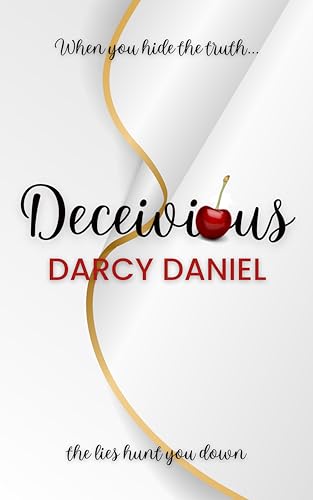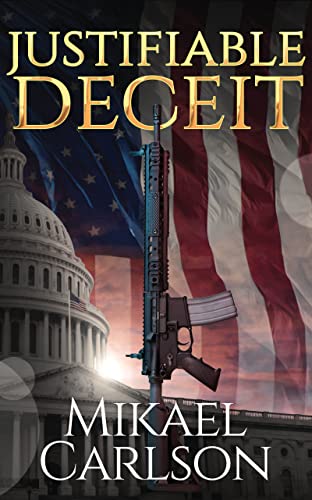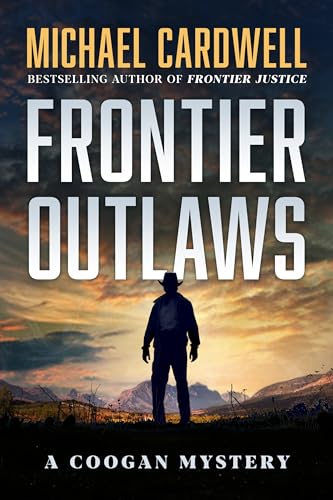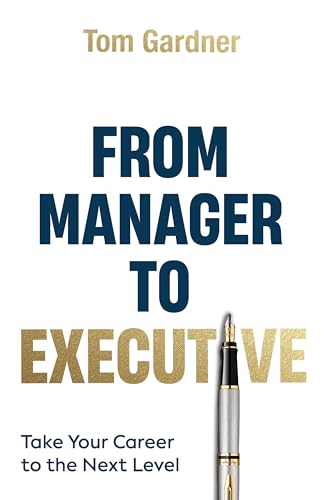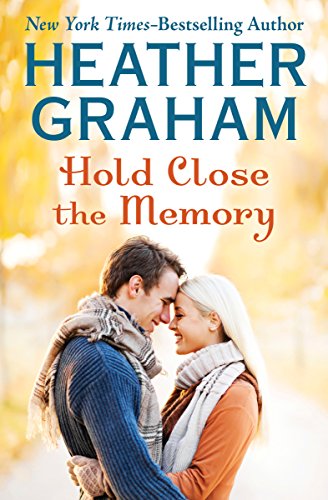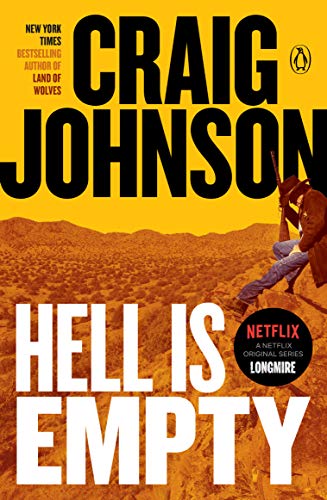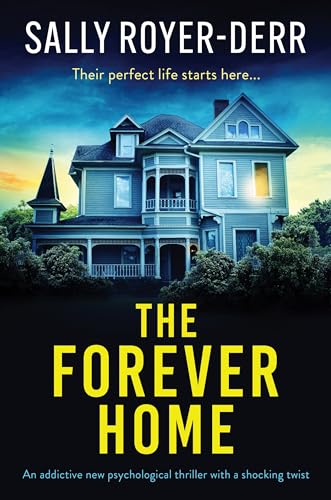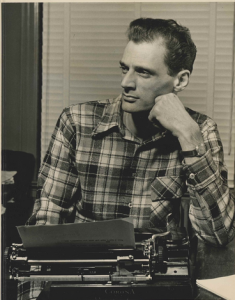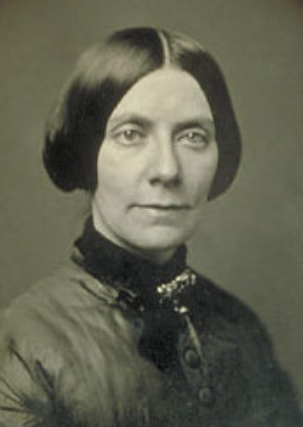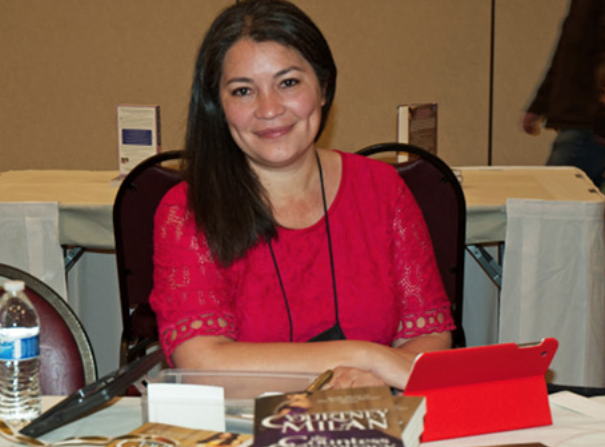Bryan Gruley ask if crime writers are as twisted as their characters? Support our news coverage by subscribing to our Kindle Nation Daily Digest. Joining is free right now!
Any reader or writer who has met Lou Berney will tell you he’s one of the nicest crime-fiction authors around. Last time I saw him, the Edgar Award winner and bestselling author of November Road was volunteering at the registration desk at the Bouchercon mystery-thriller conference, wearing his usual plaid flannel shirt, deploying his usual self-deprecating humor. Berney is such an unfailingly likable guy that it kind of pisses you off.
He’s also the creator of Paul Barone, the soulless mafia assassin in November Road who thrusts an ice pick into an adversary’s ear and dispatches an innocent teenager with two clinical bullets to the back. Which can make one wonder who’s really more deviant: real-life Berney or fictional Barone? Or, to spread the skepticism around a bit, are we (authors) secretly as twisted as the twisted characters we conjure? Based on my conversations with some of the best writers in the business, the short answer is:
Yes, but …
Listen to my fellow Chicago author Tracy Clark on a made-up character she calls Murray. “Murray buys shoes, owns a cat,” she says. “He eats and sleeps, has wants, desires. He has also killed six people and has a secret room in his place filled with shiny tools of torture. I gave him all that stuff. Weird thing is, Murray doesn’t know he’s bent. From where Murray’s standing, it’s the rest of the world that’s kinked up. And I get inside Murray’s head and write him just that way. Or is that my head? How else could little old well-adjusted me breathe life into an in-your-face, don’t-give-a-fig-who-lives-or-dies psychopath?”
Danielle Girard says readers have long asked her how such a “sweet and innocent” person can write, for instance, from the point-of-view of a pedophile, as she did in Chasing Darkness. She suspects this capacity arises from a “worse-case scenario mindset” in her youth. “My childhood superpower seemed to be finding the hidden threats in any situation—the bathrobe hanging on the back of the door which transformed into a hooded man with a knife in my dark bedroom.”
Read full post on CrimeReads



